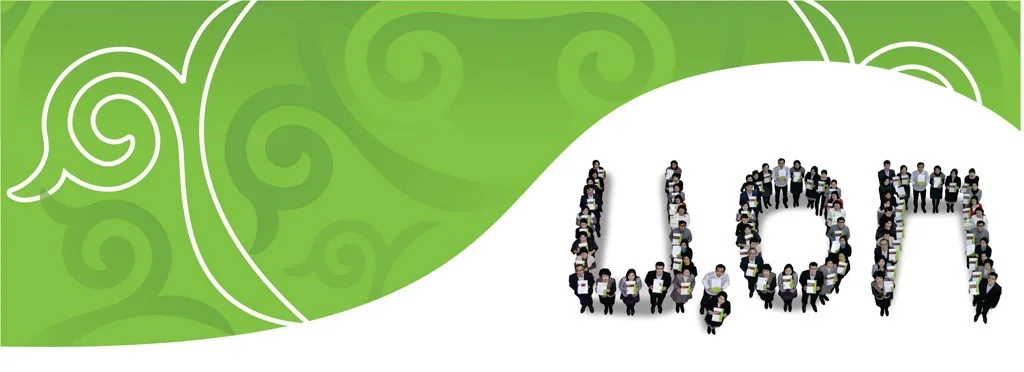About us

Founded
February 2, 2012
A branch of
Nazarbayev Intellectual Schools Autonomous Educational Organization
14 departments, 140 employees
Main activities
integrated educational and subject
programmes development
ABOUT US
Centre for Educational Programmes (hereinafter – the Centre), a branch of Nazarbayev Intellectual Schools AEO was founded by the decision of the Board of Trustees (Minute # 5) dated February 2, 2012. The Centre is headed by the director, Abdildina Zhanar Nurbapashovna.
The main activities include development of innovative educational programmes and resources, scientific and methodological support for their piloting and implementation, monitoring and research in the development and review of educational programme of Nazarbayev Intellectual Schools AEO NIS-Programme across Intellectual schools.
Mission
To contribute to improving the quality of secondary education in Kazakhstan by continuous development of NIS-Programme and its piloting in mainstream schools.
History
Since its foundation, the Centre has had a tendency to flexible dynamic development and a gradual expansion of the range of services and products provided: educational programmes and textbooks, digital educational resources and teaching aids.
The Centre history can be divided into 3 periods.
2012–2015
The Centre started its activities with a team of 45 employees: subject specialists and administrative and management personnel. Initially, it included 8 departments: Science and Mathematics department, Linguistics department, Societal and Liberal Arts department, Preschool and Primary Education department, International Baccalaureate department, Financial and Economic department, and Administrative Support department. The Centre undertook the work on conceptual documents development such as Integrated Educational Programme and Trilingual Education Policy, subject programmes and medium-term plans for NIS schools. The implementation of trilingual education policy and subject programmes in Intellectual schools was followed by monitoring, trainings and teachers scientific and methodological support. Conceptual ideas of Nazarbayev Intellectual Schools educational programme initiated the development of renewed state compulsory standards for primary, secondary and high school education.
2016–2017
The Centre took a new direction by developing and producing textbooks for Nazarbayev Intellectual and mainstream schools. The Centre composition grew up to 10 departments: Textbook Development Support department, Editorial department, Translation department, Design and Pre-press department, Analysis and Research department. The number of employees increased to 116 people. At the same time, the government started to introduce the renewed education content to mainstream schools. The Centre undertook the coordination of a large-scale national project by building and filling the online platform of teaching and learning materials. The content includes lesson planning and didactic material required for delivering lessons in all subjects in two languages (Kazakh and Russian) as part of secondary education content renewal in Kazakhstan. Nazarbayev Intellectual Schools AEO became the national coordinator representing Kazakhstan in the OECD project ‘The Future of Education and Skills: Education 2030’. The Centre employees joined the working group to discuss the development of OECD Learning Compass 2030 and educational programmes renewal.
2018 – present
The number of departments increased to 14. The Centre took new directions such as digital educational resources development and promotional marketing of intellectual products. There were about 140 employees by the end of 2020. The educational programme of Nazarbayev Intellectual Schools AEO was renamed to NIS-Programme in 2017 and was recognized internationally. The NIS-Programme effectiveness was confirmed by the high results of NIS students in PISA-2018 international research. According to the results in mathematics and science, NIS students ranked 5th among the top participating countries, and 11th in reading literacy.
Nevertheless, the NIS-Programme content is constantly being improved from the perspectives of the OECD standards as well as current social changes.
Main activities:
1. Subject programmes and methodological recommendations development, monitoring of subject programmes implementation and improvement.
2. Scientific and methodological support for NIS teachers.
3. Educational resources development:
• Teaching materials (teacher’s handbook, student’s textbook and workbook);
• Digital educational resources.
4. Research activities.
5. NIS experience dissemination to secondary education system in Kazakhstan.